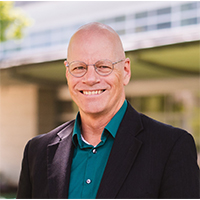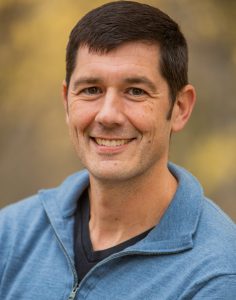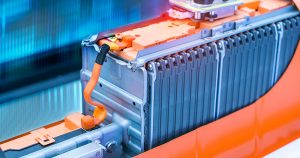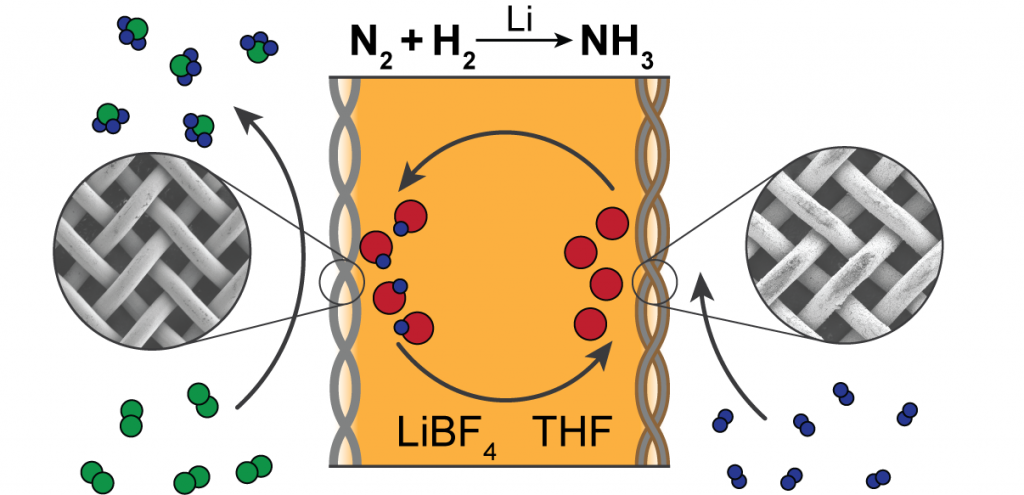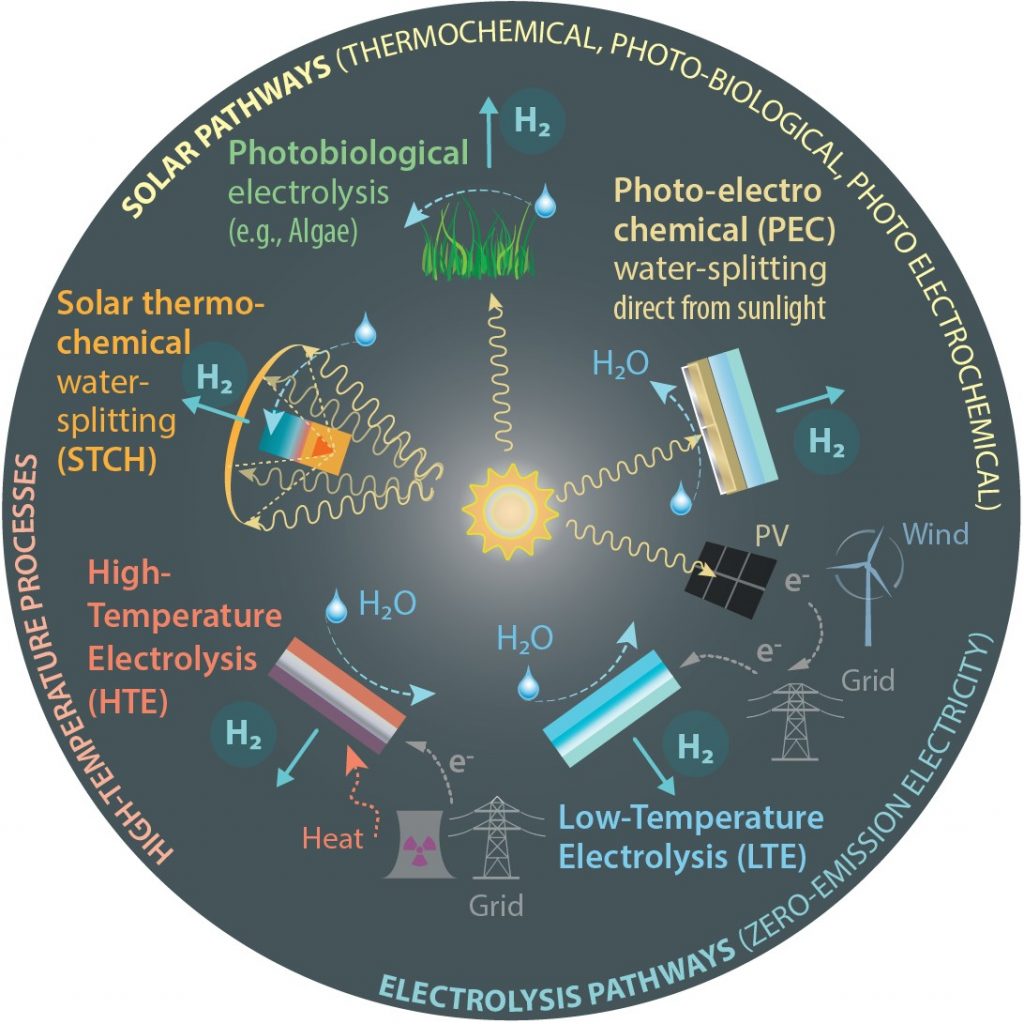 Participate in a free interactive webinar on “How to Boost Citations – Tips for Researchers,” a collaboration between The Electrochemical Society and Enago.
Participate in a free interactive webinar on “How to Boost Citations – Tips for Researchers,” a collaboration between The Electrochemical Society and Enago.
Date: June 30, 2022
Time: 1000-1100h ET
Speakers:
Despina Sanoudou, PhD
Publication and Training Consultant
Enago Academy
Shannon C. Reed, MBA
Director of Community Engagement
The Electrochemical Society (more…)



